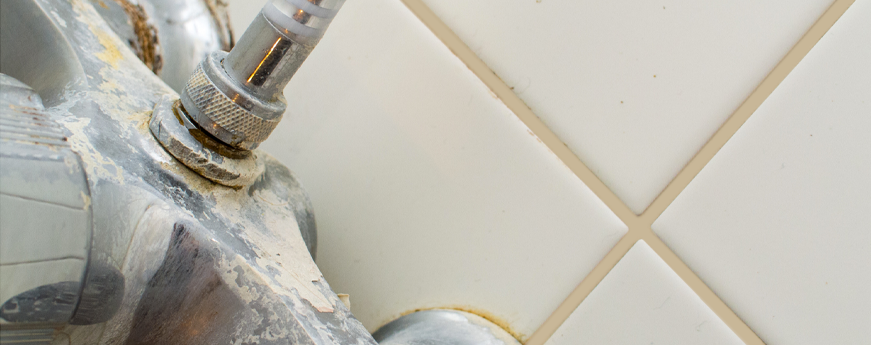
What is Water Softening and How Does It Work?
Water softening is a process used to remove or reduce the concentration of certain minerals, primarily calcium and magnesium ions, from hard water. These minerals are responsible for the hardness of water and can cause various issues in plumbing systems and household appliances.
Here’s how the water softening process typically works
- Ion Exchange Process:
- The most common method of water softening involves an ion exchange process. This process uses a tank filled with resin beads that are charged with sodium ions.
- Hard Water Enters the System:
- When hard water flows through the resin tank, the calcium and magnesium ions in the water are attracted to the resin beads.
- Ion Exchange Occurs:
- As the hard water passes over the resin beads, the calcium and magnesium ions are exchanged for sodium ions. This results in the removal of the hardness minerals from the water.
- Regeneration Phase:
- Eventually, the resin beads become saturated with calcium and magnesium ions, and they need to be regenerated. This is done by flushing a concentrated brine solution through the tank. The high concentration of sodium ions in the brine displaces the calcium and magnesium ions from the resin beads, effectively recharging them.
- Rinse Phase:
- After the regeneration phase, the tank is rinsed to remove any remaining brine solution and excess minerals.
- Softened Water Flows to the House:
- Once the regeneration and rinse phases are complete, the water softener is ready to continue softening the incoming water supply.
Water softening is beneficial for several reasons
- Preventing Scale Buildup: Hard water can lead to the accumulation of scale deposits in pipes, appliances, and fixtures. Water softening helps reduce or eliminate this buildup.
- Extending Appliance Lifespan: Softened water is less likely to cause mineral deposits in appliances like water heaters, washing machines, and dishwashers. This can extend their lifespan and improve their efficiency.
- Improving Soap and Detergent Performance: Soft water lathers more easily with soap and detergent, which means you can use less of these products to achieve the same level of cleanliness.
- Softer Skin and Hair: Soft water is gentler on the skin and hair, as it doesn’t leave behind mineral deposits that can lead to dryness and irritation.
- Reducing Energy Consumption: Appliances like water heaters operate more efficiently with softened water, potentially leading to energy savings.
It’s important to note that while water softening is beneficial for many households, it’s not always necessary or recommended for every situation. Some individuals, particularly those on low-sodium diets, may need to consider alternatives to traditional ion exchange water softeners. Consulting a water treatment professional can help determine the best solution for your specific water quality and household needs.

